Thailand ready to reopen to international visitors
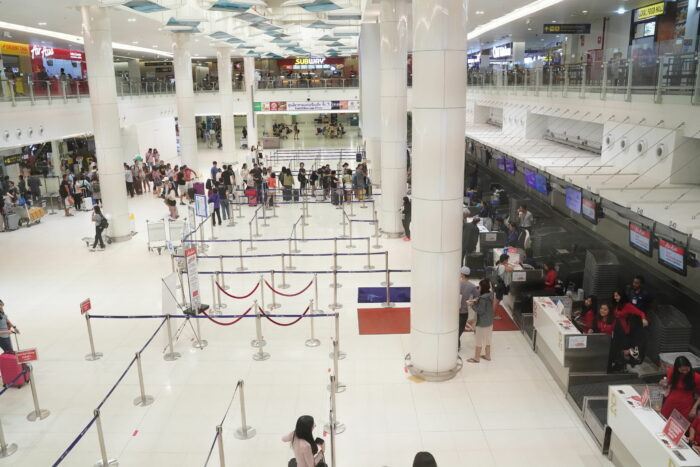
More jobs are at risk of being lost if borders remain closed throughout 2020, warns the Tourism Authority of Thailand.
Prudential helps organisations build employee-first culture
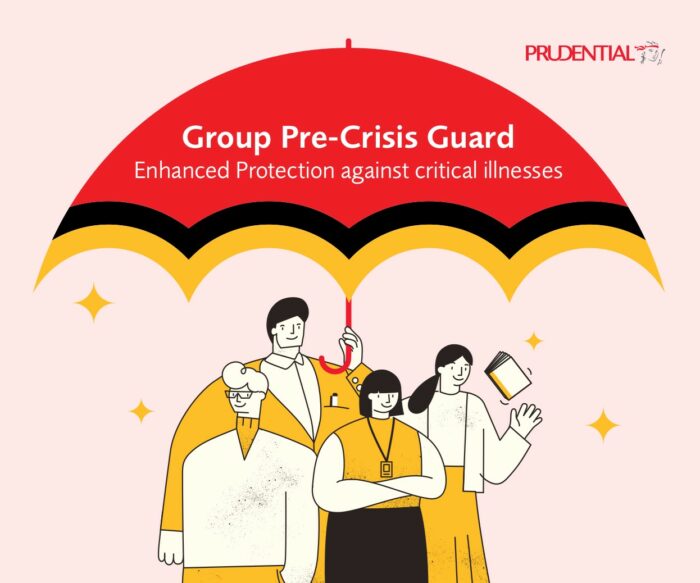
The company is also introducing a new Group Early Critical Illness coverage this month, which is designed to provide payout for early stage critical illnesses.
Working from home is a negative, says Netflix
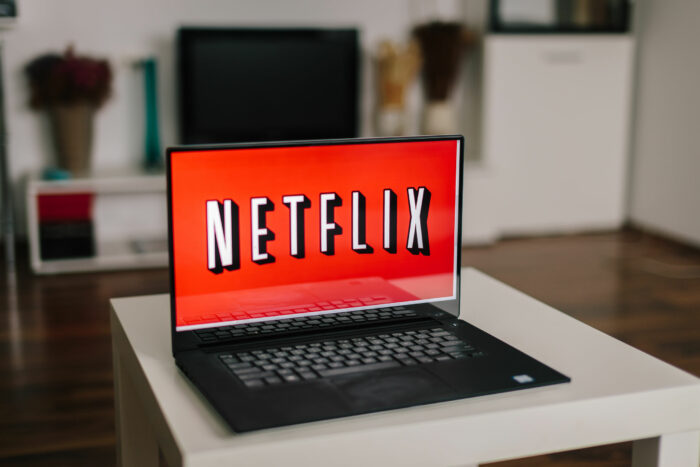
Even though the video streaming service provider has told its employees to stay at home, Netflix’s CEO clearly does not favour remote working.
Vietnam set for modest economic growth in 2020
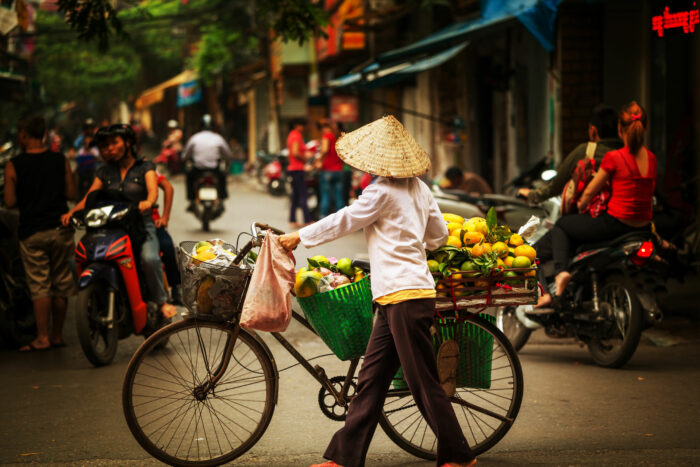
The South-East Asian country is continuing to feel the impact of the pandemic after record growth was recorded in the previous two years.
Empowering people through technology

The International Human Resources Technology Conference 2020 discussed how technology will be key in shaping the future of HR.
Recovery from COVID-19 cannot happen in isolation, says IATA
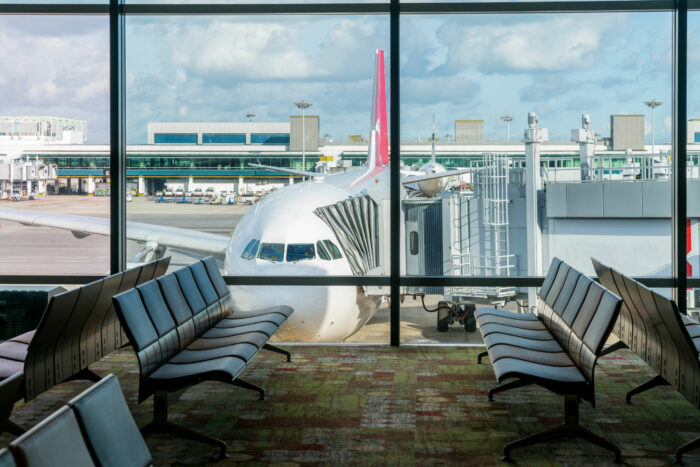
The International Airport Transport Association has called on governments to open borders in a bid to save the ailing airline industry.
Australia experiences first recession in almost 30 years

The latest statistics provided by the Australian Bureau of Statistics also points to the country’s worst economic years in more than 60 years.
Singapore businesses continue to face economic uncertainty

While confident that they can tide over the pandemic, most businesses in Singapore acknowledge the challenges facing them.
Malaysia continues to put in place movement restrictions
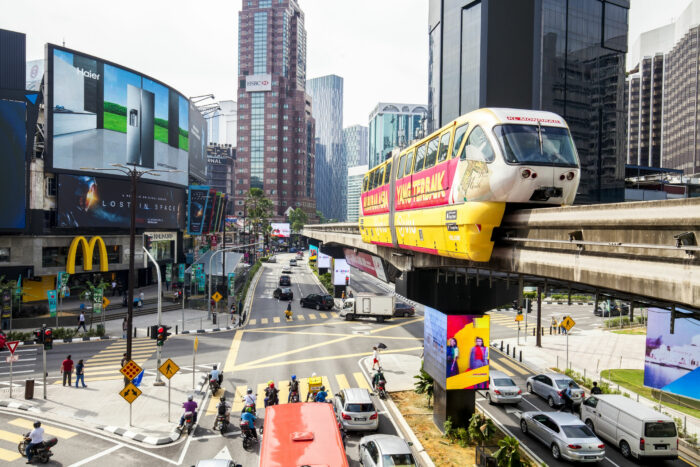
The Recovery Movement Control Order (RMCO), which had been slated to end on August 31, will now be extended to the end of 2020.
Indian conglomerate makes remote working permanent

From September 1, all sales employees under the group’s companies will work from home permanently.
What is the cost of working from home?
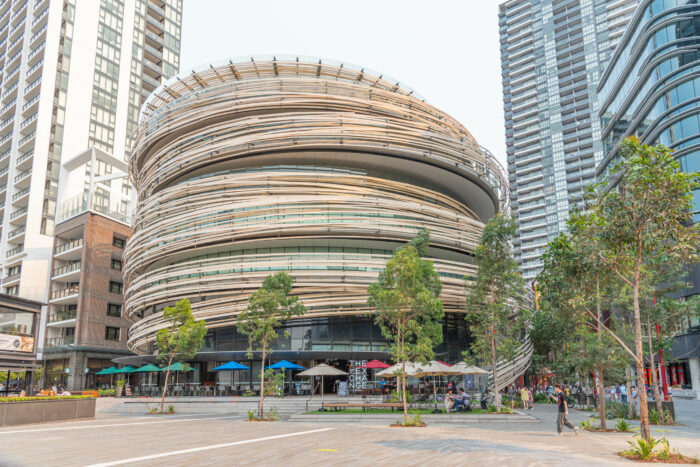
With workers staying at home because of the pandemic, the financial hit to Sydney’s central business district comes at a cost of AUD$10 billion.
Indonesia hands cash grants to workers and small business owners
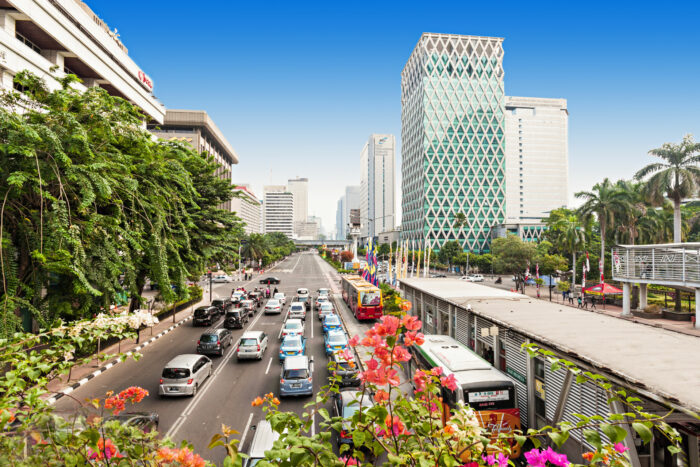
Both workers and businesses will benefit from the stimulus programmes introduced by the Indonesian government.
Samsung Electronics tests feasibility of remote working
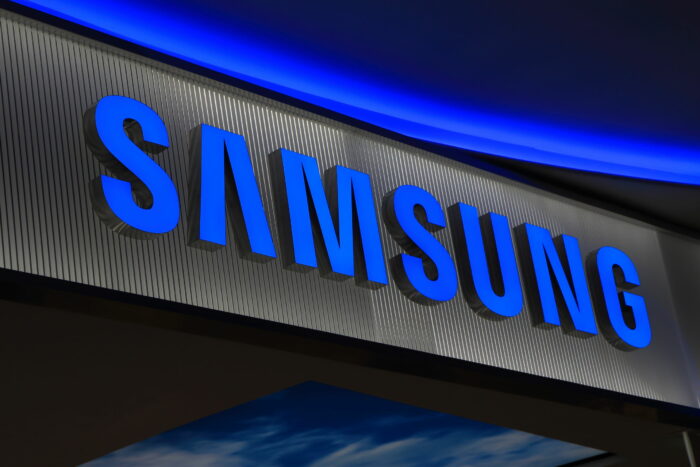
Beginning this September, some Samsung workers based in South Korea will begin to work from home, as part of a pilot programme.
Malaysian businesses urged to accelerate digital transformation
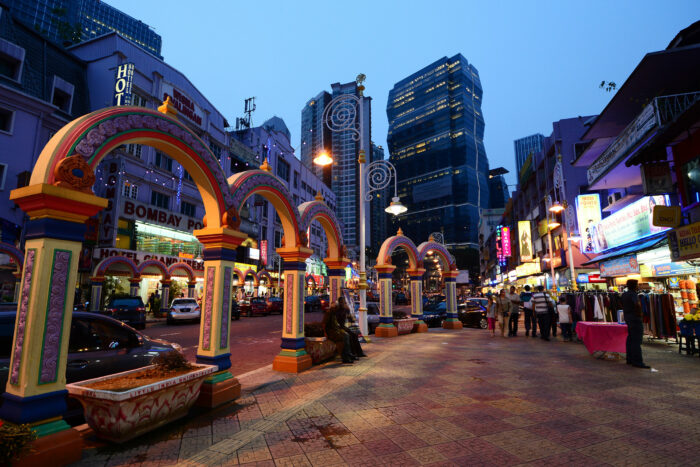
As of January 31, 2020, a total of 276, 176 entities are registered with the Companies Commission of Malaysia as online businesses.
Setting businesses on the road to recovery in Asia-Pacific

The IFC has earmarked a series of financial aid initiatives to provide COVID-19 support for MSMEs in Asia-Pacific.
SMEs in Vietnam plan recovery from COVID-19
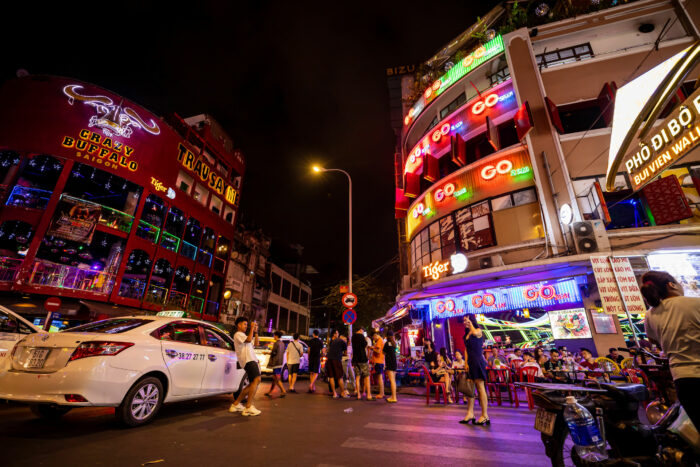
Despite the uncertainty presented by the pandemic, SMEs in Vietnam will continue with their investment plans.
Thai SMEs to receive loan assistance to tide over COVID-19
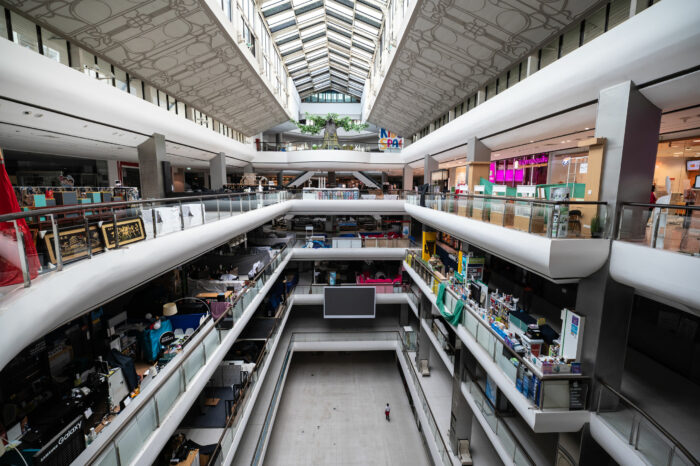
57 billion baht worth of loan guarantees have been earmarked for Thai SMEs struggling under the weight of COVID-19.
Keeping companies and their employees agile and responsive in Singapore

WSG has continued to help mid-career employees in Singapore transition to new careers.
Malaysia’s labour productivity plunges for Q2 2020
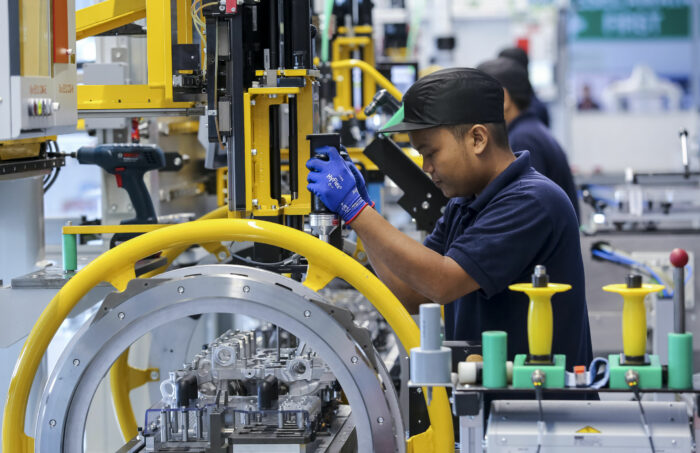
This is in line with a 17.1% contraction of the economy in the same quarter, as total hours worked dropped because of COVID-19.
South Korean firms continue work-from-home policies
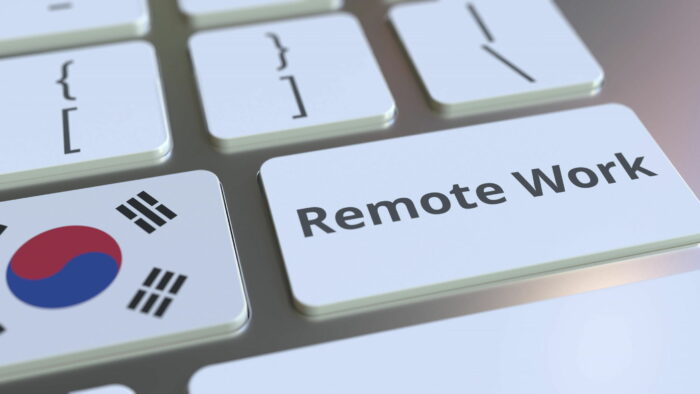
As South Korea grapples with a second COVID-19 wave, many companies are having to make remote working a priority.
Thailand records biggest economic contraction in more than 20 years
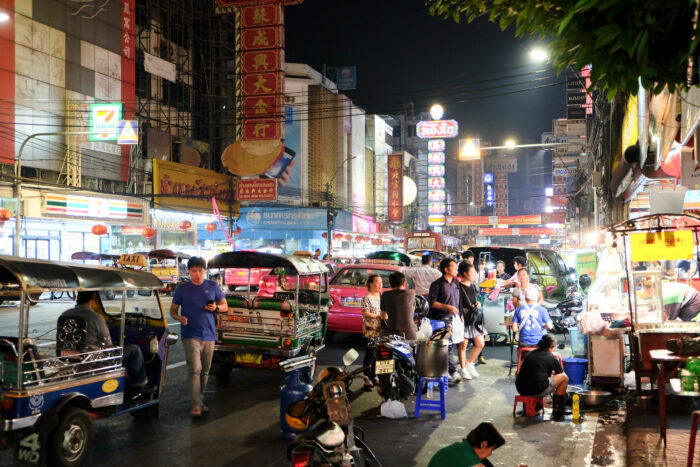
The COVID-19 pandemic has crippled Thailand’s tourism industry, which is critical for the country’s economy.
Google ignites skills learning in Singapore

Google Singapore’s Ben King explains to HRM Asia the company’s role in the Skills Ignition SG programme, and how it is helping to reshape L&D needs.
Malaysia posts worst economic performance in more than two decades
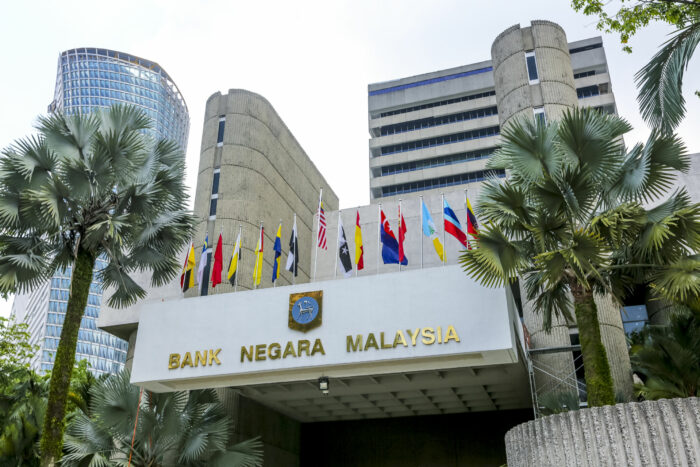
Not since the Asian financial crisis of 1998 has the country experienced such a toll on its economy.
Businesses in the Philippines to be granted more access to credit
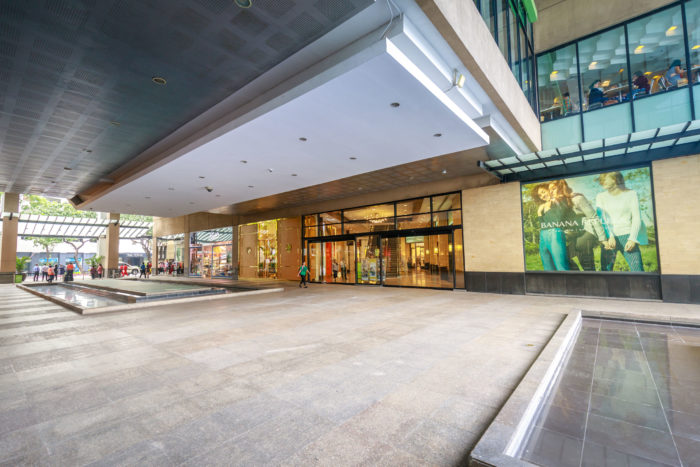
The Philippines government has set aside 120 billion pesos for a credit guarantee programme that will help small businesses gain access to loans.
Singapore Airlines introduces more cost-cutting measures
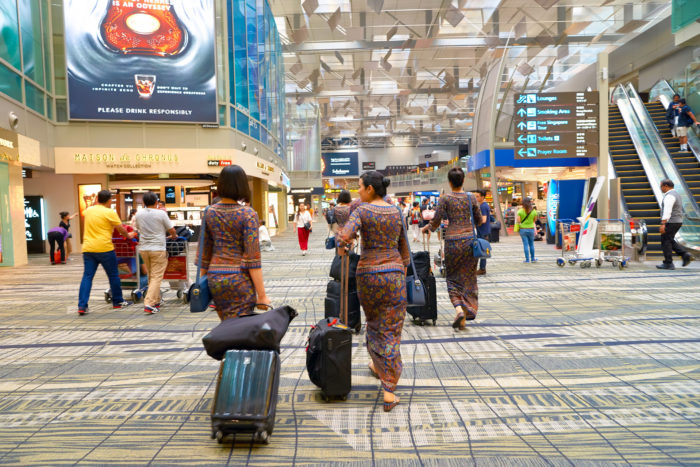
A new scheme offers cabin crew members the option of early release or retirement as the airline continues to struggle with the COVID-19 pandemic.
Wage growth continues to slow down in Australia
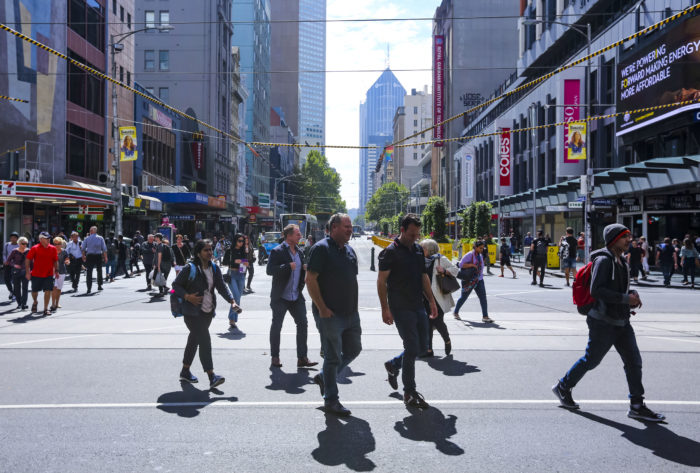
Consumer confidence and business conditions continue to be adversely impacted by the COVID-19 pandemic.
Siemens’ new work culture is on the move

Siemens’ Michael Haberzettl shares with HRM Asia details of the company’s new mobile working model, and how it is reshaping how the company works.
HR Tech Festival Asia Online 2020: Employee communications at the heart of thriving work cultures
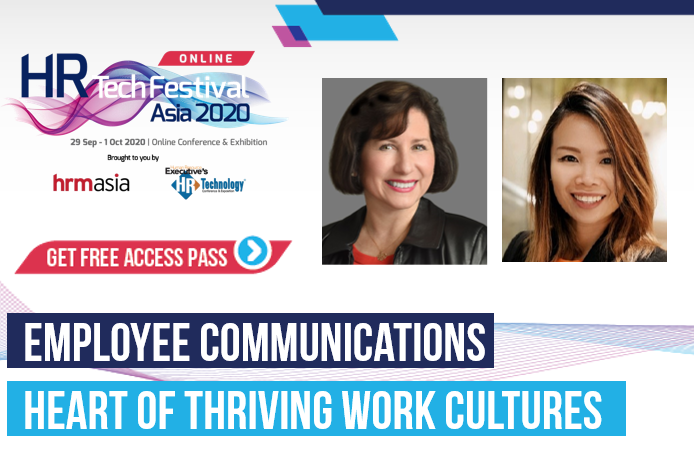
A transforming world of work means that employee communication and engagement are more important than ever for organisations.
Malaysia to help more SMEs resume business activities
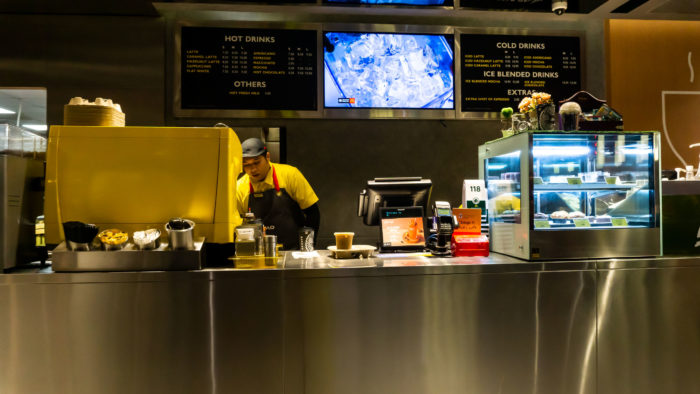
Malaysia’s economic recovery will depend on SMEs getting back on their feet, suggested Malaysia’s International Trade and Industry Minister.
Singapore reviewing work-from-home policy

Companies operating in Singapore have called on more flexibility to be exercised where work arrangements are concerned.
